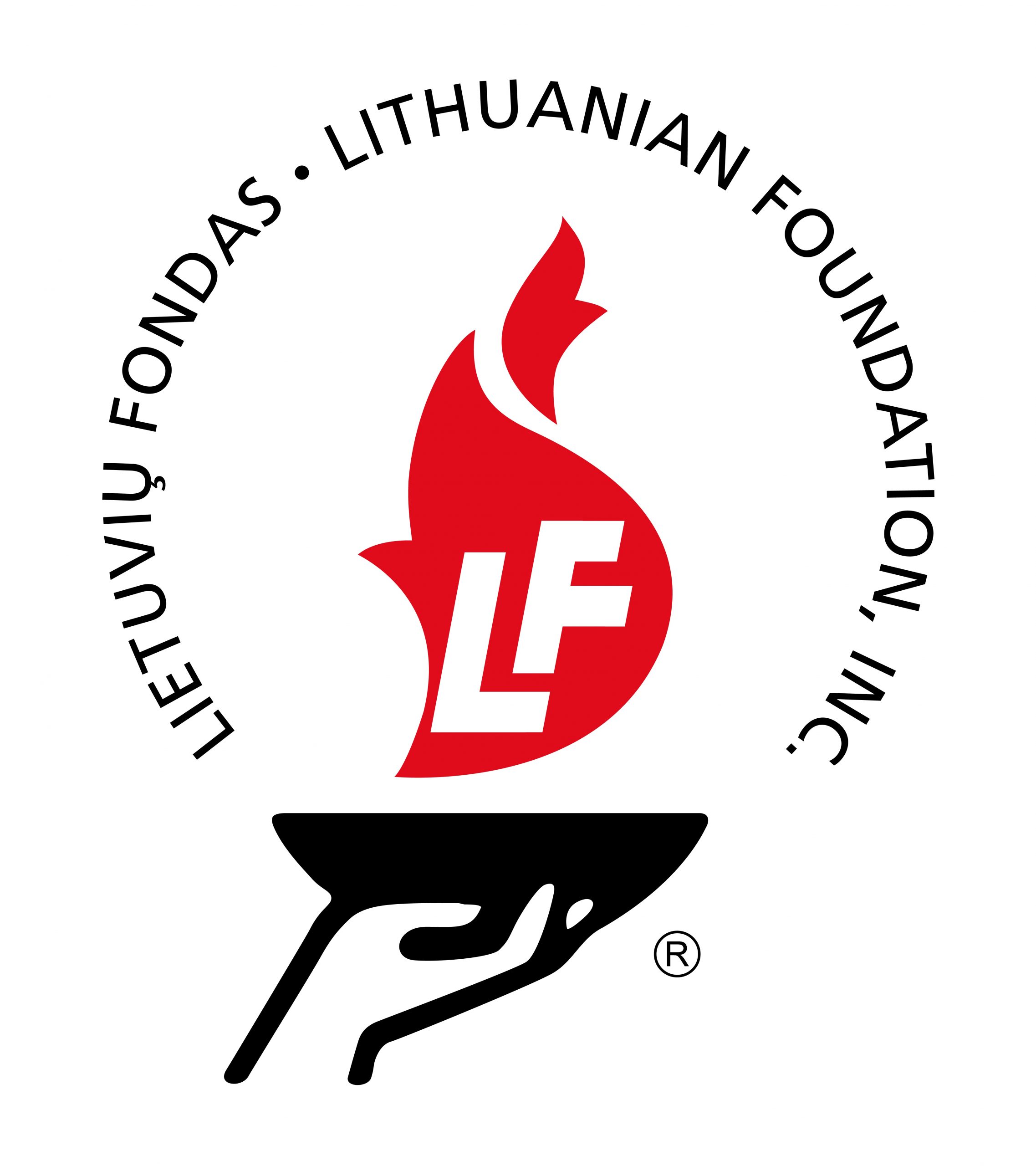Keynote address by Darius Gaidys on February 16th, 2018 at the Lithuanian Independence Centennial Gala
February 16th, 2018
The Millennium Biltmore Hotel, Los Angeles, California,
Distinguished elected officials,
Dear Bishop Clark,
Dear Bishop Salazar,
Dear Consuls General and Honorary Consuls,
Distinguished guests,
Today we celebrate the 100th Anniversary of the restoration of the Independence of Lithuania. It is a very emotional day for many of us, as we get only one chance in a lifetime to celebrate the centennial of a country’s freedom.
A wave of patriotism has enveloped my country. These are some of the creative ways Lithuanians celebrated February 16th, the national day of independence:
– the railroad company of Vilnius coordinated the honking of train horns and whistles to the tune of our national anthem;
– a group of San Francisco joggers formed shapes and ran to the words of the anthem;
– special airplane flights in Lithuania shaped the number 100 in the air ;
– schoolchildren are participating in art projects, festivals, and performances all year, culminating in a colossal Song Festival in July with more than nine thousand participants.
However, when I meet someone new here in Los Angeles or elsewhere in the United States and introduce myself as a person from Lithuania, I am often confronted with a look of confusion. Where exactly is that country? and, regretfully, the question – is it a part of Russia?
I will explain. Lithuania is 6000 miles away from Los Angeles. The territory of the country is slightly smaller than that of greater Los Angeles. The population is three million people, roughly the size of Orange County. It would be natural to know so little of the place so distant. But, do you know what defines us as a nation?
An occasion to reflect on this question presented itself more than ten years ago, when I was working as a chief of state protocol on a trip to Sweden with the former President Valdas Adamkus. In addition to the usual business of meeting His Majesty the King and participating in a business forum, we opened an exhibition called War After War, about the part of our history, very important to us, but little known elsewhere – the resistance activities of the Forest Brothers. I was struck by a story of the Katliorius family from a village in northeastern Lithuania. A photo, taken in 1944, showed the six sons of Ona Katliorienė. They had joined the resistance movement against the Soviet occupants. Five of them were killed and one was sent to Siberia’s gulags. I was struck by the mother’s pain – a family tragically destroyed by the Soviet aggressors.
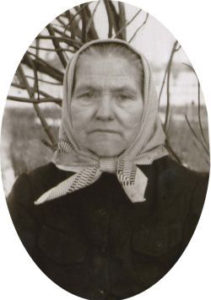
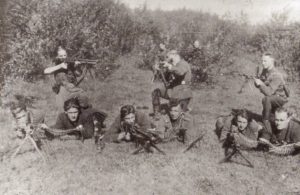
When the Soviet Union occupied the territory of Lithuania in 1944, many men and women joined the Resistance movement, forming an armed organization called the Forest Brothers. Within an organized structure, their mission was to reestablish the independent state of Lithuania. They lived and fought in hiding in underground bunkers. The first few years of fighting against the Soviet rule were very fierce. As the fate of Lithuania was sealed, most of them chose to remain in hiding, knowing that their fate would be torture, imprisonment, exile to Siberia, or death. This resistance claimed the lives of 20,000.
My generation is now looking for answers: What is so dear to us that we choose to fight and die for them? Does that commitment define us as a nation? Yes, we are a nation, deeply committed to our traditions, our land, our language, our faith, and passionately, our freedom.
We speak one of the oldest living languages in the world. We call our homeland Lietuva, etymologically a reference to the rainy climate. Speaking our native tongue was a normal act until the mid 19th Century when the Lithuanian press and alphabet were banned under the intense act of Russification by the czarist regime. 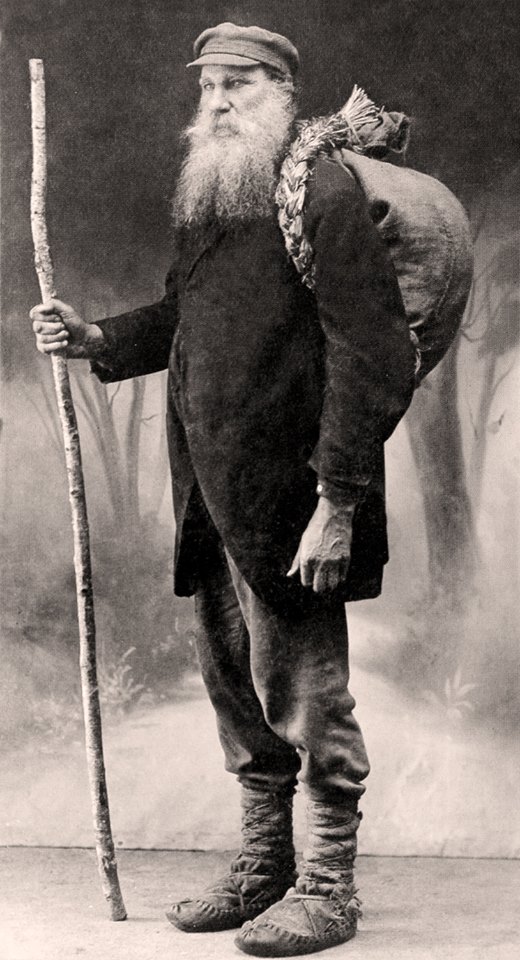
This resulted in a unique movement that has no analogy in the world- books were printed abroad and smuggled back into Lithuania. The book smugglers – knygnešiai – became national heroes. If caught, they were executed on the spot or imprisoned. It is estimated that during the final years of the ban, 30,000 to 40,000 books were smuggled into the country annually. Every village had secret home schools, where Lithuanian language was taught to children by candlelight, under the cover of darkness. Ever since, then, protecting our language has become our mission.
Saving our language was the mission of this community here in Los Angeles and across all Lithuanian communities in the United States. After World War II, creating Saturday heritage schools was the priority for the first political refugees, the new immigrants. Generations of dedicated men and women taught language, songs, dances, and traditional crafts to children with the hope that what the Soviets tried to destroy in occupied Lithuania, would be preserved in communities around the globe. Many volunteers have dedicated countless hours to this mission.
Our language is also the language of our prayers. The first historical mention of the name of Lithuania in written sources was in the year 1009, with a paragraph in the Quedlinburg Chronicles – „In 1009 St. Bruno, who is called Bonifatius, Archbishop and monk, in the second year of his conversion, on the border between Russia and Lithuania, has been hit on the head by the pagans, and his eighteen men went to Heaven.” Brutal as it may sound, Lithuanians of the early 11th century fiercely defended their pagan faith and rituals, becoming the last European country to receive Christianity, and reluctantly. Fully accepting the new faith took years of bloody battles and numerous intrigues. But once Lithuanians became Roman Catholics, Christianity became the core of our lives and the hub of our communities. We protect what is dear to us with our utmost effort.
The Catholic Church became the symbol of faith and peaceful resistance to Soviet Russian authority. A very special place in Lithuania, now a pilgrimage site, the Hill of Crosses, is a living example of this allegiance. Since the 19th-century thousands of crosses have been erected on this site. Soviet authorities would bulldoze the hill, aiming to destroy the site. Each time, almost overnight, the hill would be secretly restored sprouting an ever-growing number of crosses.
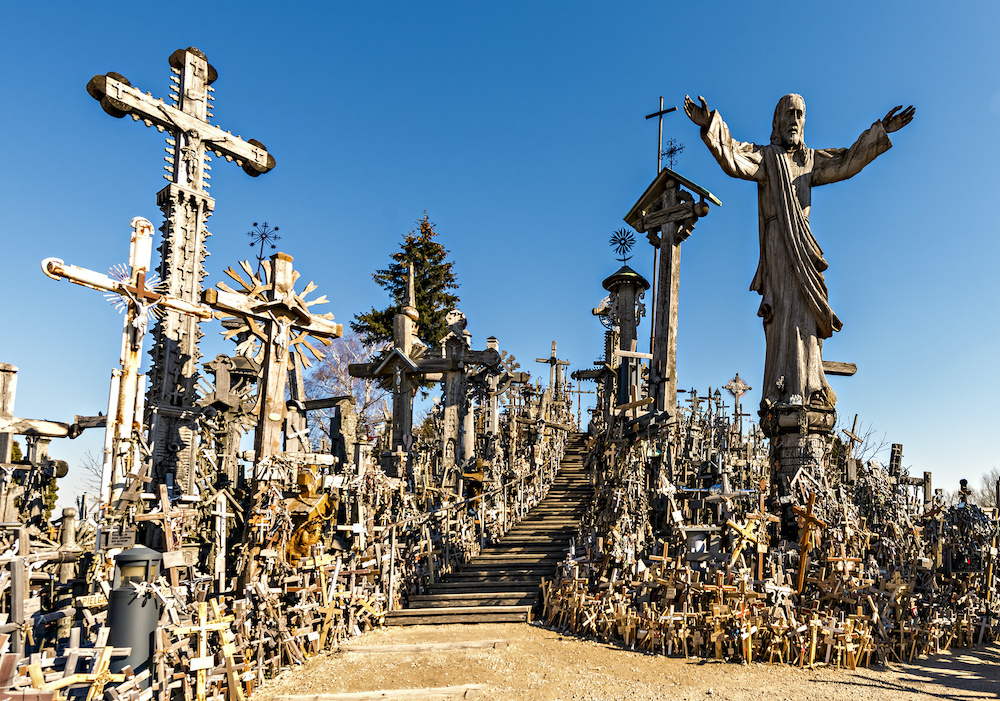
We have walked a long path of one thousand years that shaped us, and made us who we are – the nation of free-spirited, courageous, resilient, and committed people. We learned to guard what is dear to us – our land, our language, our faith.
Today we celebrate the centennial of the restored Lithuanian state. 100 years have passed since the day our nation’s leaders signed our most precious document yet- the Act of Independence. It set a foundation of a new, modern state. But most importantly – every Lithuanian became the founder of his country in which they could speak their mother tongue, live freely in the land of their ancestors, practice their faith, and proudly fly their flag. This declaration of Independence gave us a place where we always belonged -in the core of Europe.

Now I have an answer to what compelled the six sons of Ona Katliorienė to join the forest brothers. It was the desire to make the ultimate sacrifice to protect what they believed in most and that which was their heart and soul – a free homeland.
Let’s fast forward forty years to August 23, 1989, that special day when two million people joined hands to form a human chain spanning over 400 miles across three countries – Estonia, Latvia, and Lithuania. The peaceful protest was designed to draw global attention to our desire for independence. Within seven months of this event, Lithuania was the first to break free from the Soviet Union. This is the shape of our perseverance and commitment to freedom.
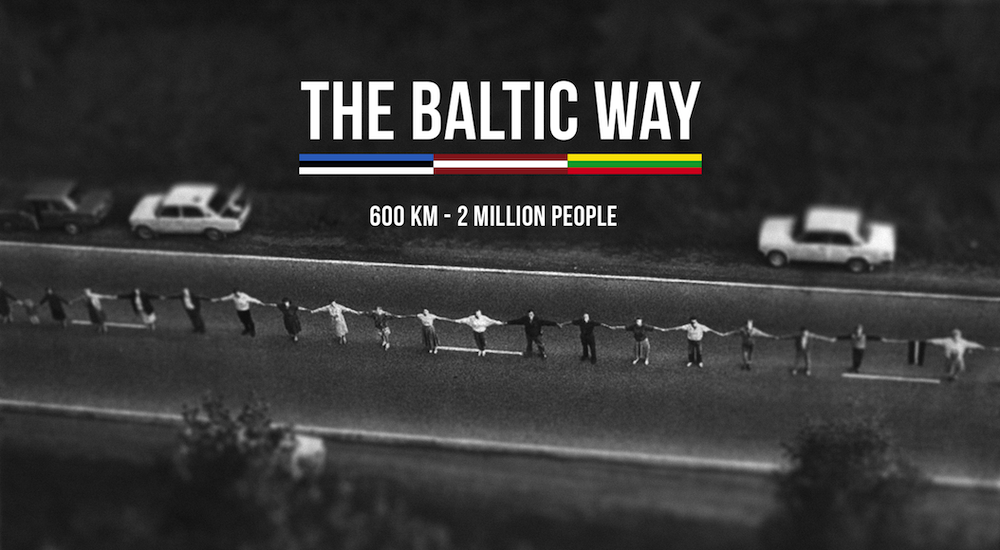
Today we are your partners in life as members of communities, as partners in business, as proud members of the European Union and NATO. We contribute to the prosperity and success of our communities by sharing the core of our European values. We contribute to prosperity and progress of our societies by creating genome-editing tools, nano, and picosecond lasers, as well as participating in the development of advanced financial technologies. We contribute to building a safer world by participating in NATO’s collective defense and international operations. We join American efforts in eradicating terrorism. We work diligently to counteract the falsehoods of propaganda. We are a pillar of hope for those nations, like Ukraine, currently fighting for its self-determination.
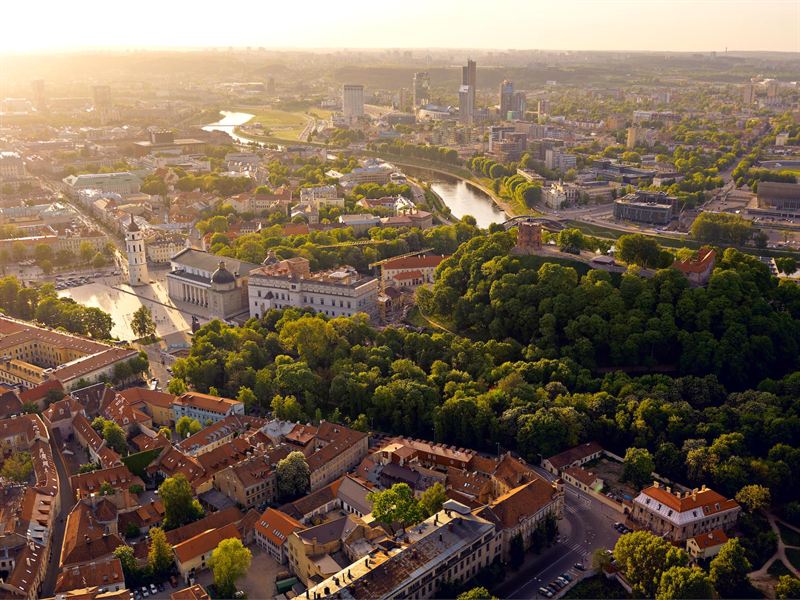
I would like to offer to raise a toast to the continuing prosperity and friendship of our two countries – one that accepted an supported us when we needed it most – the United States of America. And another for our homeland – Lithuania. Už Ameriką ir už Lietuvą!
Rėmėjai
